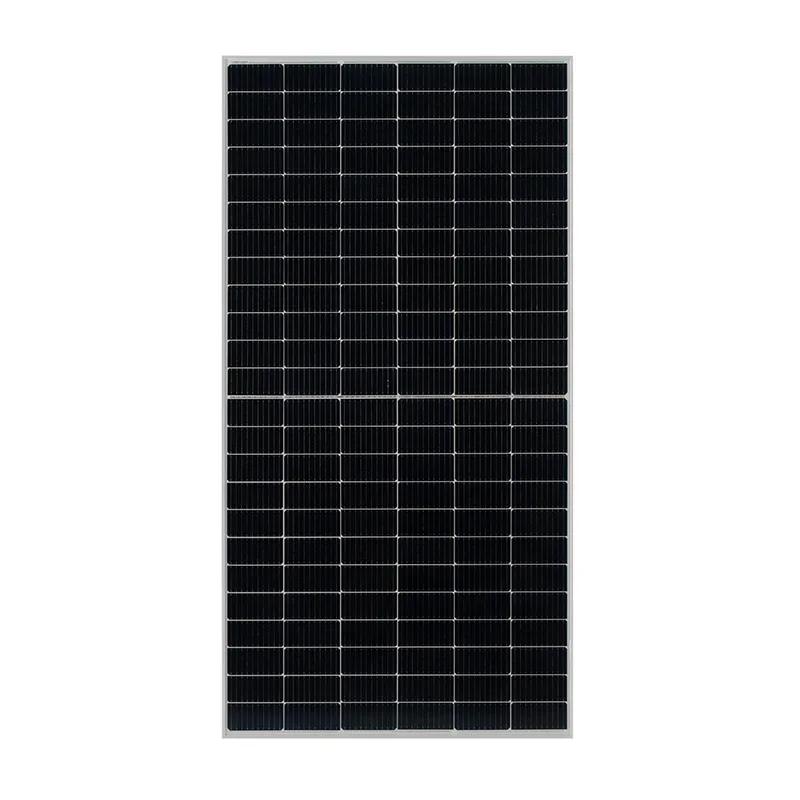off grid solar inverter
Off-Grid Solar Inverters Harnessing Renewable Energy for Independence
In recent years, there has been a significant shift towards renewable energy solutions, particularly solar power. Among the various components that make up a solar energy system, off-grid solar inverters hold a pivotal position. These devices not only convert solar energy into usable electricity but also facilitate independence from traditional grid systems, making them an increasingly popular choice for homeowners looking to reduce their carbon footprint and enhance their energy security.
Understanding Off-Grid Solar Inverters
An off-grid solar inverter is a crucial component of a solar energy system designed to operate independently of the traditional electrical grid. Unlike grid-tied inverters, which synchronize with the grid to supply excess electricity back to it, off-grid inverters work in isolation, providing power storage, management, and utilization solely from solar energy and battery systems.
How Do They Work?
The primary function of an off-grid solar inverter is to convert the direct current (DC) generated by solar panels into alternating current (AC), which is the format required by most household appliances. The process begins as sunlight hits the solar panels, prompting them to generate DC electricity. This DC electricity then flows to the solar inverter, which transforms it into AC electricity while managing the distribution of power to various devices within the home.
In off-grid systems, energy storage is essential since solar production is inherently intermittent. Therefore, these systems often include batteries to store excess electricity generated during sunny periods. The inverter manages this energy flow, ensuring that stored energy is used efficiently and provided to the household whenever solar generation is low, such as during nighttime or cloudy days.
Advantages of Off-Grid Solar Inverters
1. Energy Independence One of the most significant benefits of off-grid solar inverters is energy independence. By generating and storing their own electricity, homeowners can reduce or even eliminate their reliance on utility companies. This independence is especially valuable in remote areas where grid access is limited or non-existent.
2. Sustainability Off-grid solar inverters are a vital part of sustainable energy solutions. By utilizing solar power—a renewable energy source—households can significantly decrease their carbon footprint, contributing to environmental conservation efforts.
off grid solar inverter

3. Cost Savings While the initial investment in an off-grid solar system can be substantial, the long-term savings can be monumental. Homeowners avoid monthly electricity bills and potential price hikes from utility companies, making off-grid systems financially attractive over time.
4. Resilience and Reliability Off-grid solar systems can provide a reliable power source during emergencies or natural disasters when grid power might be compromised. By having their energy solution, households can maintain essential functions and preserve quality of life even in adverse conditions.
Considerations When Choosing Off-Grid Solar Inverters
When selecting an off-grid solar inverter, there are several factors to consider
1. Power Requirements Assessing the total power requirements of appliances and devices is crucial to determine the appropriate inverter size. This calculation helps ensure that the inverter can handle the energy demand efficiently.
2. Battery Compatibility It's essential to ensure that the inverter is compatible with the type of batteries being used for energy storage. Some inverters are specifically designed to work with certain battery technologies, which can affect performance and efficiency.
3. Efficiency Ratings Look for inverters with high efficiency ratings, as this translates to less energy loss during the conversion process. Higher efficiency ensures that more of the energy captured from the solar panels is put to use.
4. Warranty and Support The reliability of an inverter is paramount, so seek products with robust warranties and customer support. This level of service can be invaluable, especially in remote installations where assistance might be needed.
Conclusion
Off-grid solar inverters represent a remarkable step toward sustainable living and energy independence. As advancements in technology continue to evolve, the efficiency and affordability of these systems will likely improve, making them accessible for more homeowners. With the dual advantages of environmental benefits and the promise of reduced reliance on traditional energy sources, off-grid solar inverters are becoming a cornerstone in the quest for a more sustainable future. As we navigate the challenges of climate change and escalating energy demands, embracing such innovations will be crucial in building a resilient, green energy landscape.
-
Navigating Off Grid Solar Inverter: From Use Cases to Trusted PartnersNewsAug.05,2025
-
Solar Edge String Inverter: A Wholesaler’s Guide to Inverter Technology SelectionNewsAug.05,2025
-
Microinverters: Revolutionizing Solar Energy UseNewsAug.05,2025
-
Future of Monocrystalline Solar Panel Efficiency: Latest Technological AdvancesNewsAug.05,2025
-
Solar Panels for House: A Complete Guide to Residential Solar EnergyNewsAug.05,2025
-
Panel Bifacial Performance in Snow and Low-Light ConditionsNewsAug.05,2025







